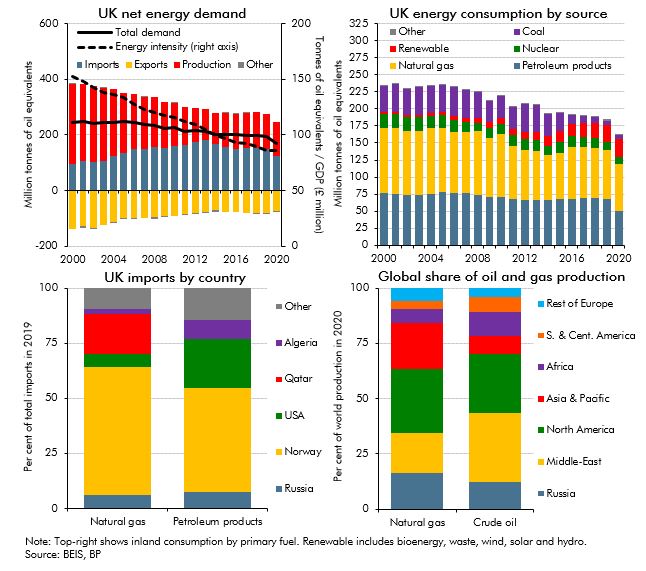
Maximizing Panel Efficiency: Unleashing the Full Potential
Solar panels have revolutionized the way we harness energy from the sun, providing a sustainable and renewable power source. To truly capitalize on the benefits of solar energy, it’s essential to optimize panel efficiency. In this guide, we explore practical tips to ensure your solar panels operate at their peak performance.
1. Proper Placement for Maximum Sun Exposure
The efficiency of solar panels is heavily dependent on their exposure to sunlight. Ensure your panels are installed in locations that receive maximum sunlight throughout the day. Consider factors such as the angle of inclination and potential shading from nearby structures or vegetation. Proper placement guarantees optimal energy absorption.
2. Regular Cleaning and Maintenance
Dust, dirt, and debris can accumulate on the surface of solar panels, hindering their ability to absorb sunlight. Regular cleaning is essential to maintain peak efficiency. Use a gentle cleanser, soft brush, and water to remove any dirt or pollutants. Periodic maintenance checks for any physical damage or loose connections are also crucial.
3. Invest in High-Quality Solar Panels
Not all solar panels are created equal. Investing in high-quality, efficient panels can significantly impact overall system performance. Research and choose panels with advanced photovoltaic technologies and higher efficiency ratings. While the initial investment may be higher, the long-term benefits in energy production make it a worthwhile consideration.
4. Utilize Solar Tracking Systems
Solar tracking systems allow panels to follow the sun’s movement throughout the day, maximizing exposure. While fixed panels are a common and cost-effective choice, solar trackers adjust the orientation for optimal sunlight capture. These systems can significantly increase overall efficiency, particularly in locations with variable sunlight angles.
5. Optimize Inverter Performance
The inverter is a critical component in the solar panel system, converting DC power generated by the panels into usable AC power. Ensure your inverter is of high quality and properly sized for your solar array. Regularly monitor and maintain the inverter to identify any issues that may impact overall system efficiency.
6. Implement Energy Storage Solutions
Energy storage solutions, such as batteries, play a crucial role in optimizing panel efficiency. They store excess energy generated during peak sunlight hours for use during periods of low sunlight. This ensures a consistent power supply and reduces reliance on the grid, enhancing the overall efficiency and reliability of your solar energy system.
7. Stay Informed about Technological Advances
The field of solar technology is continually advancing. Stay informed about the latest technological developments and upgrades that can enhance the efficiency of your solar panels. Upgrading to newer technologies or incorporating innovations can improve overall system performance and extend the lifespan of your solar investment.
8. Monitor Energy Consumption and Production
Implement a monitoring system to track energy consumption and production. This data provides valuable insights into your solar panel system’s efficiency. Identify patterns, assess energy usage, and make adjustments as needed to optimize performance based on real-time information.
9. Consider Panel Tilt and Orientation
The tilt and orientation of solar panels significantly impact their efficiency. In regions with seasonal variations, adjusting the panel tilt can optimize energy capture during different times of the year. Similarly, optimizing panel orientation based on geographical location ensures maximum exposure to sunlight throughout the day.
10. Collaborate with Experienced Installers
Engage with experienced solar panel installers to ensure proper system design, installation, and ongoing maintenance. Professional installers can assess your specific location, recommend the best panel placement, and implement strategies to optimize efficiency based on local conditions.
In conclusion, optimizing panel efficiency is a continuous process that involves careful planning, regular maintenance, and staying abreast of technological advancements. By implementing these practical tips, you can unleash the full potential of your solar panels, contributing to a more sustainable and energy-efficient future.
For more insights on how to optimize panel efficiency, visit dataharza.my.id.



